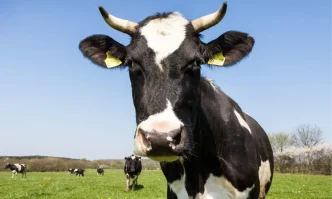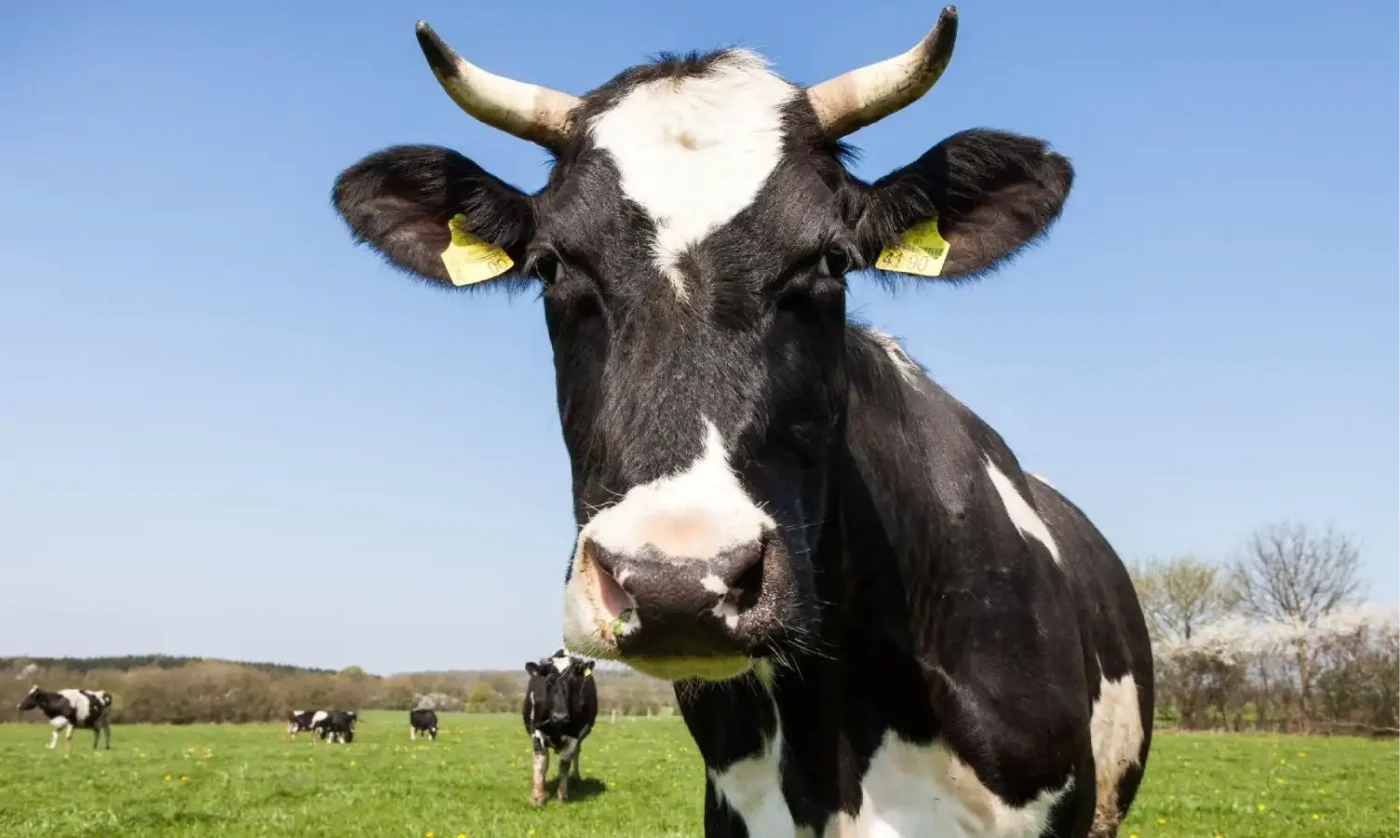Thailand is intensifying efforts to bolster its regional economic standing, with the Livestock Department preparing to negotiate with Laos and Vietnam to lift longstanding bans on Thai cattle exports. Simultaneously, the kingdom is deepening diplomatic and economic ties with Indonesia, aiming to enhance cooperation across multiple sectors under the ASEAN framework. These dual initiatives signal Bangkok’s ambition to solidify its role as a key player in Southeast Asia’s economic and political landscape.
Negotiations to Revive Thai Cattle Exports
The Thai Livestock Department is gearing up for critical discussions with officials in Laos and Vietnam to overturn restrictions on cattle exports, a move that could reinvigorate Thailand’s agricultural sector. The bans, imposed due to concerns over disease control and local supply protection, have constrained Thai farmers for years, limiting access to lucrative neighboring markets. According to department spokesperson Somchai Rattanaporn, the talks will focus on demonstrating Thailand’s adherence to stringent health and safety standards. “We have implemented robust measures to ensure our livestock meets international benchmarks” said Somchai during a recent press briefing.
The economic stakes are high. Thailand’s cattle industry, a vital lifeline for rural communities, has faced declining revenues due to restricted export channels. Industry estimates suggest that lifting the bans could generate additional income of 500 million Thai Baht (US$14 million) annually for farmers, particularly in border regions like Isaan. Beyond economics, the negotiations carry diplomatic weight, as successful agreements could pave the way for broader agricultural collaboration with Laos and Vietnam, both key partners in the Greater Mekong Subregion.
However, challenges remain. Laos and Vietnam have historically prioritized self-sufficiency in livestock, and convincing them to reopen markets may require concessions, such as joint veterinary programs or trade incentives. Analysts suggest that Thailand must balance economic ambitions with sensitivity to its neighbors’ domestic priorities. If successful, these talks could serve as a model for resolving similar trade disputes within ASEAN, reinforcing regional economic integration.
Strengthening Bonds with Indonesia
Parallel to its agricultural diplomacy, Thailand is forging stronger ties with Indonesia, Southeast Asia’s largest economy. Recent high-level meetings between Bangkok and Jakarta have underscored a shared commitment to enhancing cooperation in trade, security, and cultural exchange. Thai Foreign Minister Parnpree Bahiddha-Nukara emphasized the importance of this partnership, stating, “Our collaboration with Indonesia is pivotal for ASEAN’s unity and growth” during a joint press conference with his Indonesian counterpart.
The renewed focus on bilateral relations spans multiple fronts. Economically, both nations are exploring joint ventures in infrastructure and renewable energy, with Thailand keen to tap into Indonesia’s expertise in maritime logistics. Trade figures already reflect a burgeoning relationship, with bilateral trade reaching 700 billion Thai Baht (US$20 billion) in 2024, a 15% increase from the previous year. Plans to establish a joint task force on digital economy initiatives further highlight the forward-looking nature of this partnership.
Security cooperation is another cornerstone. With both countries facing challenges from transnational crime and maritime disputes in the South China Sea, officials have agreed to enhance intelligence sharing and joint naval exercises. This alignment is particularly significant given ASEAN’s often fragmented response to regional security threats. By presenting a united front, Thailand and Indonesia could steer the bloc toward more cohesive policies, especially on contentious issues like maritime sovereignty.
Cultural and people-to-people exchanges are also on the agenda, with initiatives to promote tourism and educational programs. A proposed visa-free travel agreement for short-term visits could boost tourist arrivals, benefiting local economies in popular destinations like Phuket and Bali. Such measures, while seemingly minor, underscore the broader goal of fostering mutual understanding within ASEAN’s diverse membership.
Implications for ASEAN’s Future
Thailand’s twin strategies—reviving cattle exports and deepening ties with Indonesia—reflect a broader vision for regional integration. ASEAN, now in its sixth decade, faces persistent challenges, from economic disparities to geopolitical tensions. Bangkok’s proactive diplomacy could help bridge some of these gaps, positioning Thailand as a mediator and economic hub. “Thailand has the potential to be a linchpin for ASEAN’s economic recovery post-pandemic” said Dr. Narongchai Akrasanee, a prominent Thai economist.
Yet, success is not guaranteed. The cattle export negotiations hinge on trust and reciprocity, and any perception of overreach by Thailand could sour relations with Laos and Vietnam. Similarly, while the partnership with Indonesia holds immense promise, differing national interests—such as Indonesia’s focus on domestic industrialization—may complicate joint initiatives. Both endeavors require careful navigation of cultural and political nuances, a hallmark of ASEAN’s consensus-driven approach.
Moreover, external factors loom large. Global economic headwinds, including fluctuating commodity prices and supply chain disruptions, could dampen the benefits of expanded trade. Thailand’s cattle industry, for instance, remains vulnerable to international standards on sustainability, with growing scrutiny over livestock farming’s environmental impact. Addressing such concerns will be critical to sustaining market access in the long term.
Regional Sentiment and Public Reaction
Public sentiment in Thailand appears cautiously optimistic. Farmers in border provinces have expressed hope that lifted export bans will stabilize incomes, though some worry about potential price undercutting in foreign markets. On social media platforms like X, Thai netizens have largely welcomed closer ties with Indonesia, with many citing shared cultural values as a foundation for stronger bonds. However, a minority voice concerns over whether such partnerships disproportionately benefit urban elites rather than rural communities.
In Laos and Vietnam, reactions to the cattle export talks remain muted, with local media focusing more on domestic agricultural policies. This asymmetry in attention underscores the need for Thailand to frame its proposals as mutually beneficial, rather than solely in its own interest. Meanwhile, Indonesian commentators have praised the bilateral initiatives, though some caution against over-reliance on ASEAN frameworks, which have historically struggled with enforcement.
Looking Ahead
As Thailand charts its course through these diplomatic and economic endeavors, the outcomes will likely reverberate across ASEAN. Lifting cattle export bans could mark a small but significant step toward dismantling trade barriers, while a robust partnership with Indonesia might redefine regional cooperation. Questions linger about how Bangkok will balance national ambitions with the collective good of the bloc, but for now, its actions signal a renewed commitment to shaping Southeast Asia’s future.
















